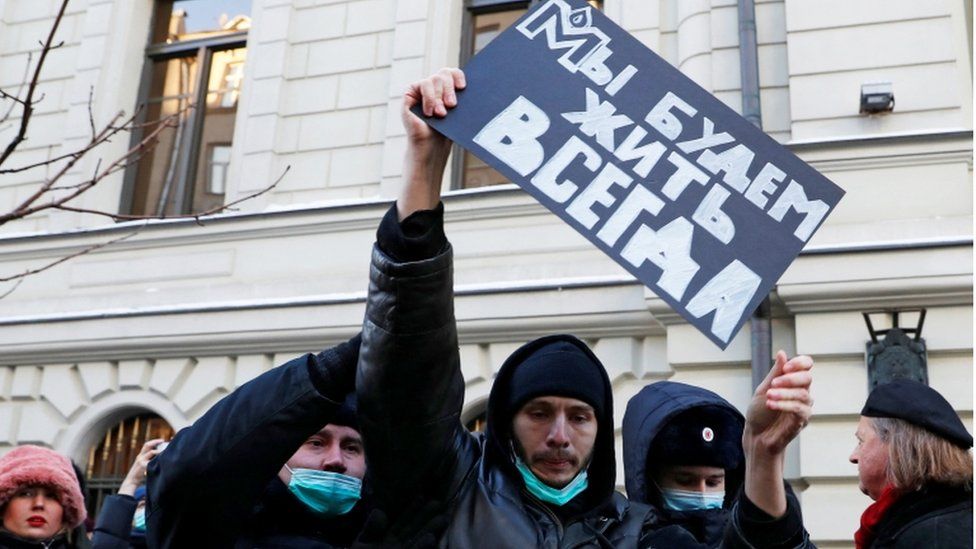My status as a second-class citizen was brought home to me on a beautiful May afternoon, while working on my laptop at a local coffee shop. With that discovery came the recognition that I would have to move out of the city I had called home for nearly two decades.
Eighteen years ago, I arrived in Washington, D.C. as a Republican political appointee, and fell in love with the capital’s cultural and historic attractions—often playing tour guide over the years for visiting friends and relatives. I moved out this summer in disgust, dismay, and anger.
The café near my condo where I liked to sit outside on nice days lost in charm what it gained in trash and rodents when several derelicts installed themselves as a permanent feature of the adjacent sidewalk last year. The squatters become the de facto owners of that public space—a phenomenon that now extends throughout most of the city.
My epiphany came this spring when I looked up from my Macbook and Americano to find a homeless man, sucking a bottle of cheap brandy and blaring music at top volume from his Bluetooth speaker, obviously delighted that he was disturbing the café customers and knowing that no one—least of all the enlightened coffee shop owners—would confront him.
As I was deciding whether to leave, another homeless person farther away, a large and obviously mentally ill woman, took off her pants and began to wipe down her private parts with a newspaper, just steps from the curb with cars and buses rushing by. The police arrived shortly thereafter, conferred with the woman performing her toilette al fresco, and then departed after doing precisely nothing. Well, most likely they filled out some forms and filed some reports, which is what passes nowadays for doing something.
Washington, D.C. was not then, nor it is now, a completely lawless town. If I had invited some friends to enjoy a bottle of wine with me while sprawled on the sidewalk, the police would surely have threatened us with a ticket, at least, if we didn’t shut down our party. The cops know perfectly well that confronting middle-class white people won’t result in getting screamed at, spit on, or stabbed. So they are happy to pluck low-hanging fruit by enforcing the law against compliant people with jobs. The net effect is that the overlapping network of drug-addicts, schizophrenics and psychotics, petty criminals, and street people enjoy rights and privileges that are rigorously denied to the rest of us.
Laziness is not the only factor at work here. The radical leftists who run most of America’s cities want folks like me to get out, so they can populate their fiefdoms entirely with their two preferred types of citizens (or rather, clients): the uncivilized underclass, and an overcivilized cohort of submissive woke hipsters who provide reliable votes for the most left-wing candidates. Both types are willing to put up with filth and disorder in exchange for the particular benefits the ruling class confers on them.
In the first case, Washington, D.C., like other leftist enclaves, subsidizes the underclass with generous social services (including jail) along with broad immunity for indolence, violence, petty larceny, and scams. The other category, the ostentatiously obedient weaklings, get the psychic thrill of living in fashionably rundown neighborhoods, while slavishly following every new diktat—from recycling and paper straws to vaccine boosters and mask mandates.
This robotic obedience makes them feel morally superior, believe it or not. Other law-abiding taxpayers, despite their contributions to feeding the city’s rapacious appetite for revenue, are not welcome if they display any political independence, or impatience with street crime, aggressive panhandling, and dilapidated infrastructure.
In response to my decision to move to a deep-red town about 90 minutes outside the city, many on the Right would urge me to bid good riddance to bad rubbish. And, yes, for most part I’m happy with my decision. Yet there is one massive fact that should not be overlooked: Washington, D.C.—including its monuments, museums, parks, and public architecture—belongs to us, the American people. It’s wrong, and it makes me angry, that while I loved being a local resident and amateur expert on the city’s many attractions, I could no longer tolerate living there.
The great sorting now under way, with Republicans fleeing the blue coasts and major metropolises, doesn’t just mean giving up easy access to boutique shopping and fine dining. It also means relinquishing some of our nation’s great cultural institutions (many of which were bequeathed to the American people by philanthropists such as the Mellons, Carnegies, and Rockefellers). Allowing these landmarks to fall into the hands of people who despise America’s heritage is a crime that should not pass unremarked.
From the New York Metropolitan curator who wants to “destabilize” the Western canon to the San Francisco museum official who was forced to resignafter saying his organization would “definitely still continue to collect white artists,” America’s cultural institutions are almost uniformly controlled by fanatics pushing a political agenda.
Of course, D.C. still hosts Shakespearean theater and classical music, and the Smithsonian complex features world-class exhibitions of traditional paintingsand sculptures. But more and more America’s major libraries, concert halls, and museums have fallen to what Roger Kimball calls “timid ideological subservience” that celebrates the “aggressively repellent.” Nor is this relentless politicization limited to private institutions. The National Archives has added a trigger warning to the Declaration of Independence. With no local pushback, this will only get worse.
I’m not sure what can be done at this point. Many conservative Republicans would not live in New York City even if you gave them the penthouse at Trump Tower. But for the zealots who are destroying our cities, and the short-sighted, sanctimonious voters who keep them in power—for those who made my departure from D.C. a necessity rather than a choice—I do have a farewell message: You bastards.













